New faculty members of College to help prepare, lead, and connect with students in classrooms and online
by The College of Education / Sep 17, 2014
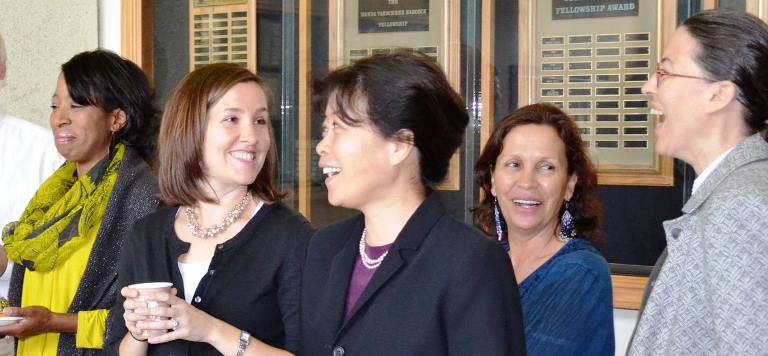
The College of Education is delighted to welcome and introduce eight new faculty members. With an eye on renewal and a promise to deliver the most advanced scholarship, we have attracted a cadre of scholars who are excellent researchers in their chosen disciplinary fields. They are also tech-savvy educators who are discernibly collaborative and engaging, with an eye toward problem-solving. We look forward to a bright future as these individuals help prepare, lead, and connect with students in the classroom and online.
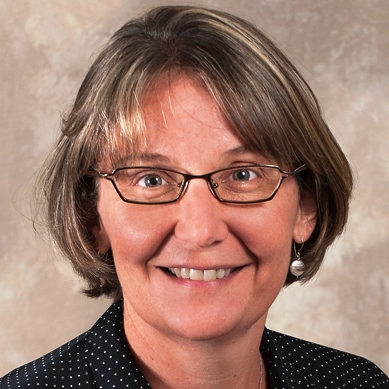 Kristen Bub, Associate professor of Educational Psychology
Kristen Bub, Associate professor of Educational Psychology
Ed.D. 2008, Human Development and Psychology, Harvard University
Dr. Bub’s research focuses on understanding and modeling links between risk and protective factors in the home and school contexts, children’s social-emotional development, and their academic engagement and performance. Much of her work aims to address these processes over time and in ecologically vulnerable populations.
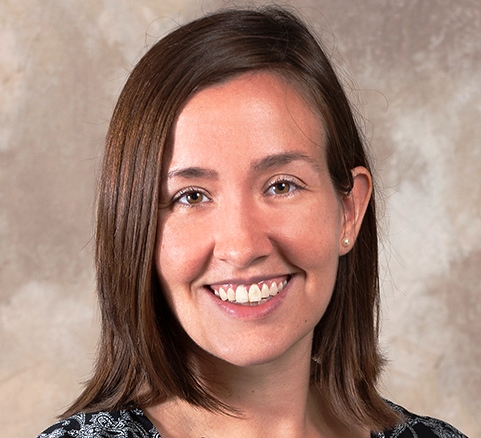 Meghan M. Burke, Assistant professor of Special Education
Meghan M. Burke, Assistant professor of Special Education
Ph.D. 2012, Special Education-Low Incidence Disabilities, Vanderbilt University
Dr. Burke’s scholarship focuses on understanding families of individuals with intellectual and developmental disabilities, including services, advocacy, and family-professional partnerships. She is especially interested in how parents and siblings of individuals with intellectual and developmental disabilities advocate for appropriate services.
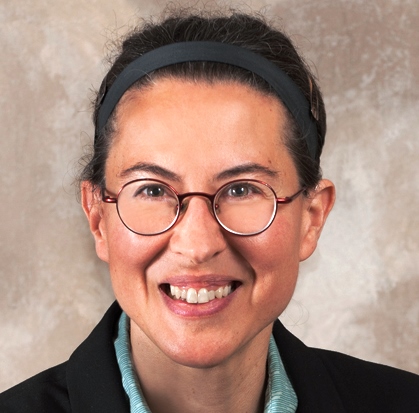 Jennifer Cromley, Associate professor of Educational Psychology
Jennifer Cromley, Associate professor of Educational Psychology
Ph.D. 2005, Human Development/Educational Psychology, University of Maryland College Park
Dr. Cromley’s research has examined text comprehension and classroom learning. Her interests include how better comprehension of diagrams, tables, and alternative representations can improve math and science learning; how math and science learning can be enhanced through self-explanation and other self-regulatory processes; and how cognitive and motivational factors predict retention in STEM.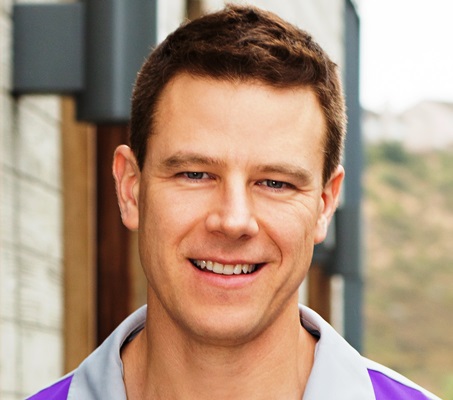 H. Chad Lane, Associate professor of Educational Psychology
H. Chad Lane, Associate professor of Educational Psychology
Ph.D. 2004, Computer Science, University of Pittsburgh
Dr. Lane spent 10 years at the Institute for Creative Technologies of the University of Southern California, where he led numerous research and development projects involving advanced, interactive learning technologies. His work focuses on the design and evaluation of technologies for learning and behavior change.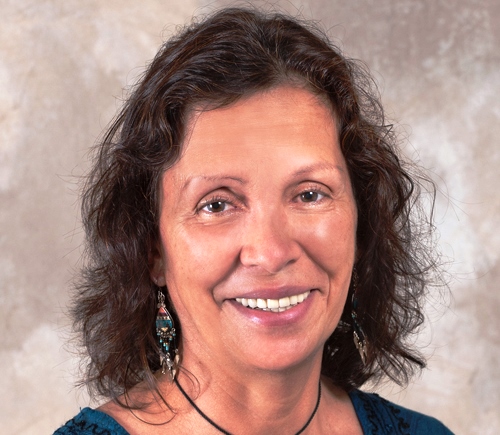 Luz Alba Murillo, Associate professor of Curriculum & Instruction
Luz Alba Murillo, Associate professor of Curriculum & Instruction
Ph.D. 2001, Language, Reading & Culture, University of Arizona
Dr. Murillo's research examines the literacies of Indigenous, Latina/o, and other minoritized groups through the lenses of border theory, critical ethnography, and decolonizing pedagogies. Her work explores the intersections of language and culture and how these shape literacy learning and practice in linguistically diverse families, communities, and schools.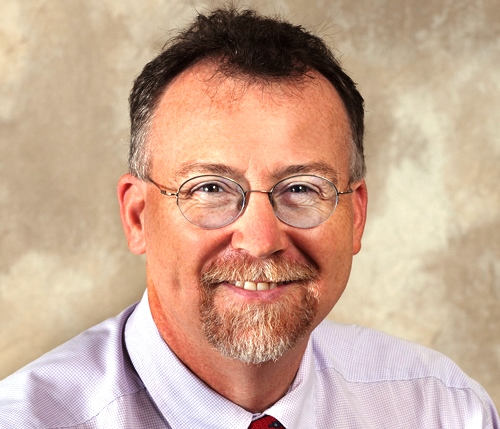 Patrick Smith, Associate professor of Curriculum & Instruction
Patrick Smith, Associate professor of Curriculum & Instruction
Ph.D. 2000, Language, Reading & Culture: Minor in Linguistics, University of Arizona
Dr. Smith’s research focuses on language and literacy education and practice in multilingual communities. He studies the hybrid literacies of transnational immigrants and migrant students moving between Mexico, Texas, and Illinois, and the forms of human capital generated by Spanish/English biliteracy.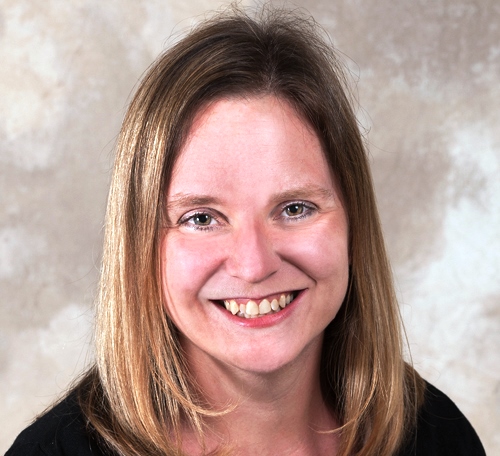 Stephanie C. Smith, Assistant professor of Curriculum & Instruction
Stephanie C. Smith, Assistant professor of Curriculum & Instruction
Ph.D. 2011, Urban Systems/Urban Education, Rutgers, The State University of New Jersey
Dr. Smith’s research portrays a commitment to diversity issues and utilizes a sociological research lens to explore the effects of differing pedagogic methods in early childhood programs serving high-need populations in Chicago. In addition, her research involves understanding teacher attitudes toward diverse families and subsequent barriers to family engagement.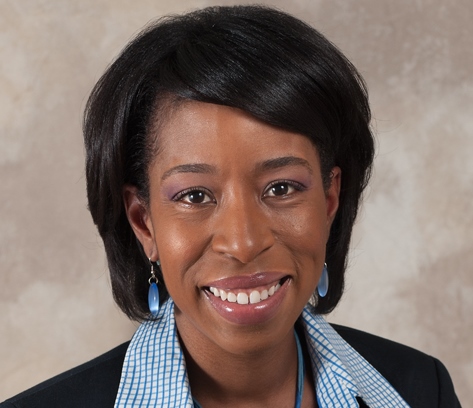 Eboni Zamani-Gallaher, Professor of Education Policy, Organization & Leadership
Eboni Zamani-Gallaher, Professor of Education Policy, Organization & Leadership
Ph.D. 2000, Educational Organization and Leadership, University of Illinois at Urbana-Champaign
Dr. Zamani-Gallaher’s scholarship largely examines access policies, psychosocial adjustment and transition of marginalized collegians, transfer, student development and services at community colleges. She is a professor in the higher education program specializing in community college leadership.